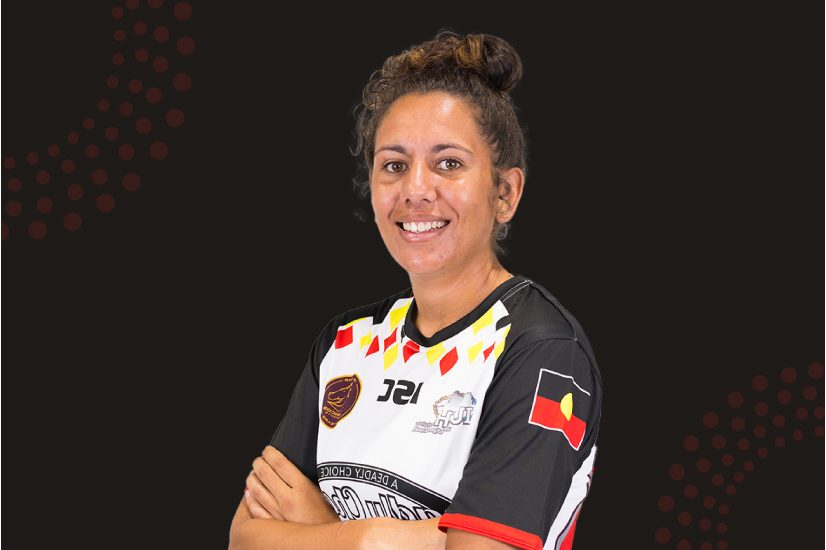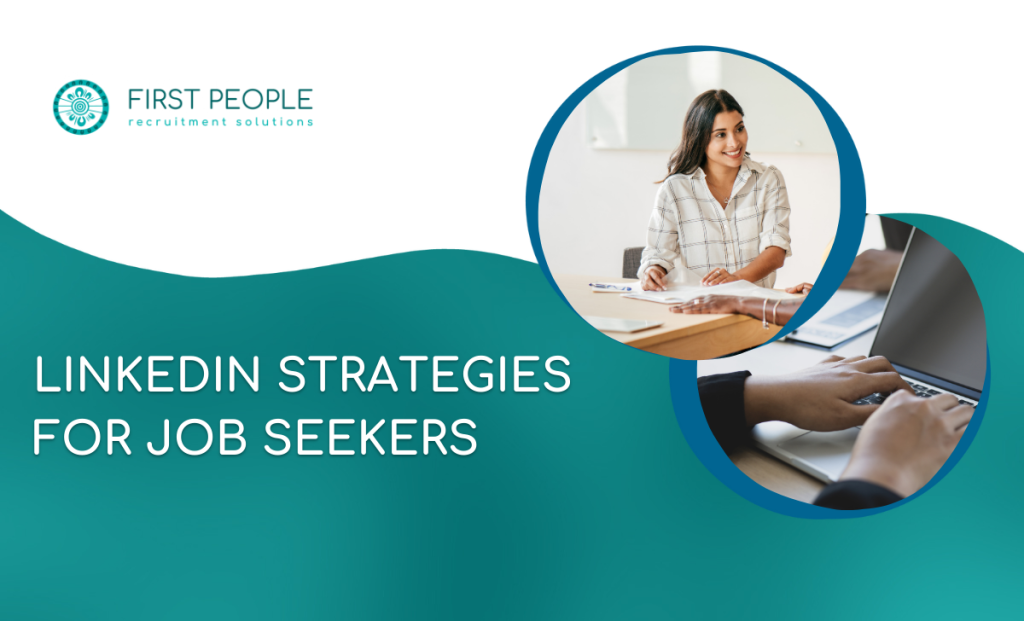According to research from Supply Nation, supplier diversity, specifically Indigenous procurement, represents an $8 billion opportunity for Aboriginal and Torres Strait Islander businesses, and could create around 19,000 jobs for Indigenous Australians. But what does this really look like in the lives of Indigenous individuals, communities and business leaders?
Teaming Up for Diversity
For Tallisha Harden – NRL player, Speech Pathologist at the Institute for Urban Indigenous Health (IUIH) and Brand Ambassador for First People Recruitment Solutions and Kennelly Constructions – the impact of supplier diversity is evident in both her personal and professional experiences.
As a proud Torres Strait Islander woman, diversity as a whole is something close to her heart and is a major “why” behind her many accomplishments. “I grew up in a low socioeconomic area, I’m in a same-sex relationship, I was one of the first in my family to get a tertiary education – these are all important components that make up who I am,” she explains.
“Hearing Shane speak about the work his teams do, it really hit home how much significance they place on family and community,” she says. “That’s why I’m so excited about my role – when Shane was so open to having an Indigenous female Brand Ambassador, it was immediately clear to me that our values aligned in a big way.”
A Ripple Effect
Growing up, sport was always a big part of Tallisha’s life. Where she went to school (as with most primary schools at the time), girls typically played netball while rugby league was reserved for the boys. Tallisha spent an entire term trying to convince her Health and Physical Education teacher to let her play one game with the boys’ league team. Eventually, it worked! Tallisha had a formative encounter with the sport she loves, and in granting her the opportunity, her teacher unwittingly helped shape her adult life.
This experience perfectly encapsulates the spirit of supplier diversity; how the willingness to give people a fair go can create ripple effects that extend well beyond just one individual or business. In fact, Tallisha recently received an invitation to visit her former primary school, where she learned that girls now participate in rugby on a regular basis. Her determination set a precedent that created opportunities for the next generation of sportswomen; an impact that she is dedicating to replicating throughout her career.
This passion for promoting diversity is also a key reason why she actively connects with like-minded people in the community, including when she reached out to our Co-Director, Shane.

Tallisha is a firm believer that, “you can’t be something if you can’t see something”, which is why uplifting people and businesses from minority groups is so crucial for making real change.
Driving Real Community Impact
In its ideal form, supplier diversity means supporting underrepresented businesses and the communities they operate in, and removing the barriers that prevent them from thriving. This has the roll-on effect of strengthening local economies, creating jobs and generally creating a more equitable world for all.
The work that Tallisha does with IUIH is the perfect example of what this looks like in action. The organisation delivers holistic health service that focuses on empowering the Indigenous individuals and families they work with to take control of their health and wellbeing.
In addition to having one of the highest Indigenous employment rates in the region, IUIH also facilitates a training program to create opportunities for local secondary school students, and actively maintains relationships with other organisations to create services at a grassroots level, ensuring there is consistent community involvement. Even the recent Queensland Murri Carnival, run by IUIH health promotion initiative Deadly Choices, intentionally utilised Aboriginal and Torres Strait Islander suppliers to support the event.
“It’s about responding directly to the needs of the community, listening to their feedback and taking the time to reflect when something doesn’t go right,” says Tallisha. “It’s also important to make a concerted effort to liaise with and include Indigenous-owned businesses. Ultimately, we’re operating on the land of the community we serve, so it’s vital that we acknowledge their cultural and intellectual property.”
Diverse Perspectives, Better Business
For Tallisha, supplier diversity comes down to being aware of our own world views – and the ways in which they are limited.
“Our unique perspectives are shaped by our values, how we grew up, the media and all the other little things that make up our unique journeys,” she explains. “My world view as a 29-year-old Torres Strait Islander female from a low socioeconomic community is going to be very different from peers of mine who grew up in rural or remote communities.”
Tallisha emphasises that supplier diversity doesn’t just benefit the Indigenous businesses themselves. All organisations stand to gain from embracing diverse supply chains.

“When we embrace diverse suppliers, there is a huge opportunity to benefit from these different world views, skill sets and ways of doing things. At the end of the day, this is only going to improve your product or service and make you more competitive in the marketplace.”
First People Recruitment Solutions is a 100% Indigenous owned and managed recruitment agency with Supply Nation accreditation. We are dedicated to providing employment opportunities, career management and recruitment solutions to Aboriginal and Torres Strait Islander people, as well as non-Indigenous Australians.
For more information on our Indigenous recruitment services or to learn how we can help your organisation achieve its workforce diversity goals, don’t hesitate to get in touch.




